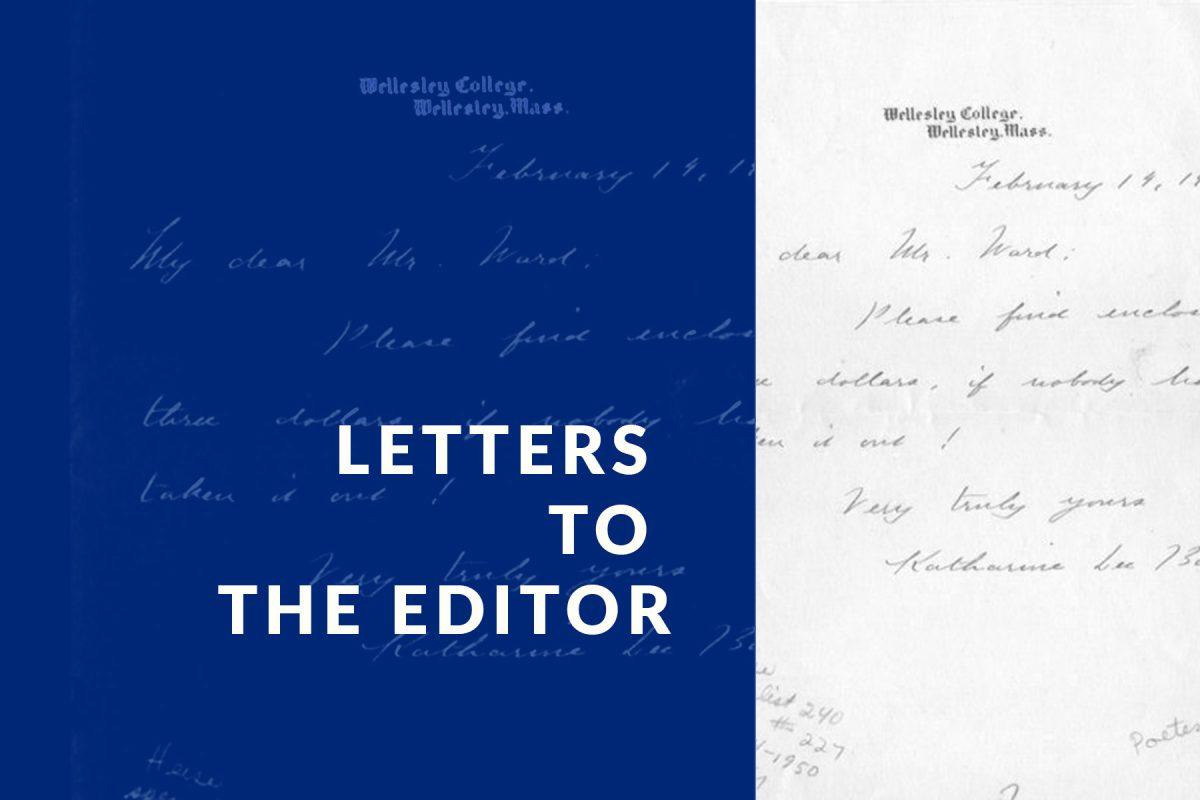I remember reading a few years back about how kids are more scheduled nowadays than they have ever been, and that really resonated with me. Even as a college student managing my own time, I find that the pressure to keep up is so immense that whenever I am not actively doing something (work, sitting in class, running to an org meeting etcetera), I have to fight away the urge to occupy myself. So after reading “When did Wellesley give up on Wellesley” I wondered why I disagreed so heavily with the premise. It is not that I do not think we should be engaged with the town, our neighbors or the world while at Wellesley, I just think it is unrealistic to assume that all students have the capacity to engage with the town in the ways described in the piece.
I have similarly been pondering engagement on Wellesley’s campus, especially in this new era of WEngage (RIP google groups, gone but not forgotten). I think many of us are trying to figure out why it sometimes feels like for such an opinionated group of students, we can outwardly appear so passive about things we care about. If you asked any student walking down the sidewalk whether they care about public transit or deforestation or housing policy, I would venture to guess they would say yes. This is because we are a globally engaged campus full of individuals who care about the world. Because of this outward leaning perspective, it is likely that the average student probably would not immediately think of the town of Wellesley and why those matters to the area directly surrounding the college.
To avoid speaking too generally, I will focus on my own experience. I am not a voter in the town of Wellesley, and therefore while I engage with the town through EnAct’s efforts to bring the climate crisis to the attention of the Board of Selectmen, my personal stake in the town is limited. With Wellesley’s school board and residents taking on concerns like the Upham Elementary deforestation issue, I can not help but think that besides locational proximity and a general care for world issues, I do not consider this to be a problem that specifically affects people at the college. We have our own slough of issues going on right here, and I know that many people are focusing their efforts inwards. Many of us are only spending four years in the town of Wellesley and then packing up and heading out. With so many barriers to entry (including interest), it seems improbable for students to find themselves embroiled in town issues in addition to their already jam-packed lives on campus.
Without a car and a resident permit sticker, the average Wellesley student would have a very difficult time getting to the town dump, and once there, would we have the time in our day or interest to hang out by the water cooler with the soccer moms? As a white cisgender and heterosexual presenting human, I know that spaces in the town of Wellesley are much more open to my presence than that of someone who does not have the same privileges based on their outward appearance. Is the town of Wellesley even a place we would want to hang out? The Dunkin in the Ville closed last semester and now I wonder whether it is even worth traveling off campus to get a too-expensive coffee from Peets or Starbucks. Commerce in the town of Wellesley is catered to the townies and not the students, and the townies are characteristically different from the population at Wellesley College.
Putting the onus on students to engage with the town during this specific moment in time also seems a bit out of touch. In this time of social media, there is so much more to “activism” than there was in the 70’s. I personally believe that showing up physically and doing the work will always be more effective than the online virtue-signaling we are all too familiar with, but I also get it. We have more connection with the outside world beyond Wellesley than ever before. Students have spent hours traveling into Boston to attend rallies for their candidates of choice, attended weekly climate protests in the town of Wellesley (shoutout Kelsey Dunn ’21) and marched through the financial district with Extinction Rebellion. The impact of these actions, while recognized in the article, should not go unnoticed or unrecognized.
Maybe being at Wellesley right now does not look like it did in the ’70s but we should not limit ourselves to one definition of engagement. We can and should all be doing so much more with our lives and our limited time at Wellesley –– that is what everyone says! But I am tired and there are only so many hours in the day.




